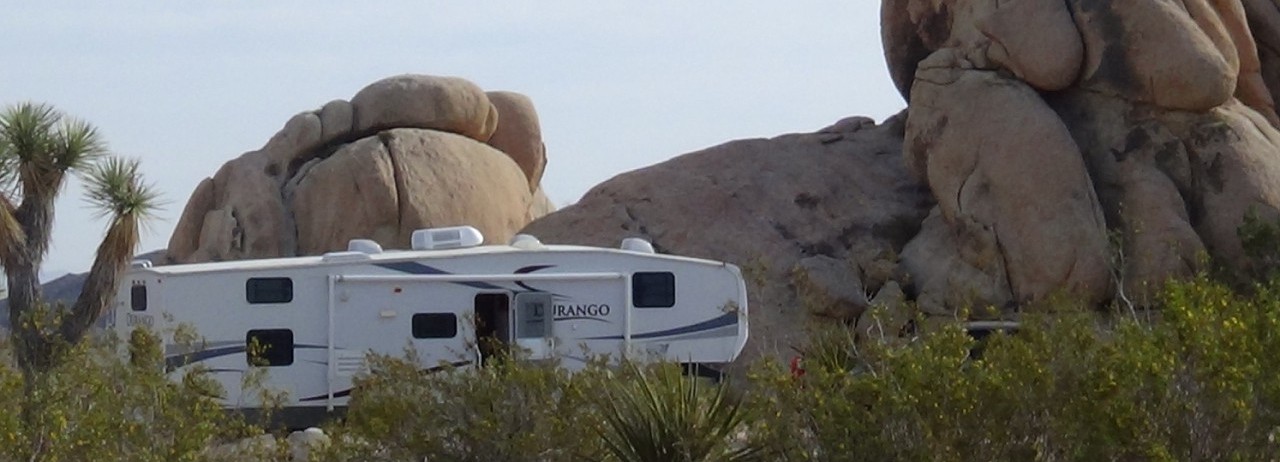This poem was published in Sulphur River Review. And the publisher of Sulphur River Review submitted it for a contest, without telling me, and it was chosen for an anthology published in Dallas named Best Texas Writing. This poem and Found Things are the two that have gotten the best attention. [I find it important to note that the notice they have received is pretty tiny compared to great American poems or even good contemporary poems, but I am grateful anyway. And these kinds of things keep me wanting to write better.] The story of the poem is simply that I was in a failing marriage and a woman was in an unhappy marriage and we met. I read my poems at an event and she attended and when the event was over I walked her to her car. She went to her home and I went to mine. About two months later I wrote this poem. The first line came from the fact that I had not written a poem for about a year since “Found Things.” “Though I’ve been silent several months” sounds better than “Though I haven’t been writing poems for a year.”
The thing about this poem was that it felt like a new kind of language for me. I wanted to strip the language clean, to keep an objective tone, to make the event as bare as I could. As I looked back on the little walk in the parking lot, it seemed so important and so full of emotion, but I knew I could ruin it as a poem if I just gushed it out. I wanted an honest calm voice so that the emotion pushed against the calm but hard boundaries of the poem and form. It is in this tension between the power of the emotion and the restraint in the expression that makes so many really good poems work. I guess you can call this the Classical and Lyric Impulse in poetry as opposed to the Romantic or Rhapsodic Impulse. I like both, but here I wanted the get to that moment where I wanted to kiss her but didn’t, where I wanted to ask her to see me again but didn’t.
The image about the cattle in western Kansas came to me, I remember, because I wrote the first lines and then said to myself, “what did it look like.” So I visualized the parking lot and then started visualizing other things that looked like that. What is long and wide and flat with a few trees other than a parking lot—a plain with cattle on it! Same thing with the balloon. I just asked what does this look like or feel like? And then I got to borrow the feeling of that other thing to apply to the thing at hand. I mean as a parent, how many balloons have I blown up? My favorite part of the poem is the sentence that goes from the third to the forth stanza—about six lines almost all with single syllable words. The single syllables make the sentence seem like it goes on forever, which is, of course, the effect I was looking for. The sentence walks slowly away and slowly back just like the man in the poem does.
To me, this is another feature of “metaphorical thinking.” While this poem does not have a large number of metaphors and relies more on similes (and not metaphors) there are other metaphorical connections going on, not really in the language use, but in the thought patterns. Life is a walk in a parking lot. A parking lot is a desert. Silence is meaning. Outdoor weather is body weather. Connections are made in isolation. Cars are animals and animals are people and people are cars. A poet writing a poem alone at home is like a man standing in a parking lot alone.
All that said, I still think the poem works, however well it works, because it is so plain on the surface, so objective in its narrative voice, and so sad and happy at the same time.
